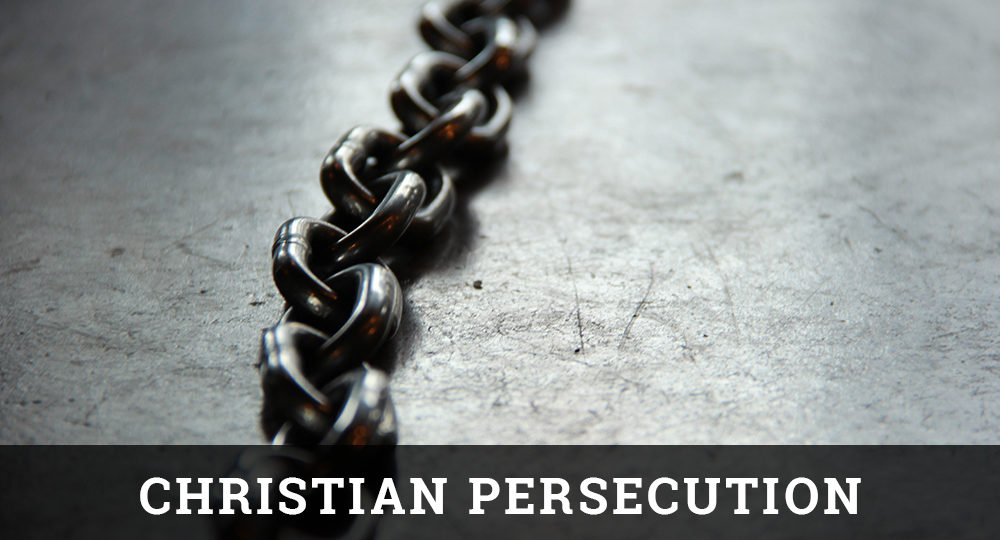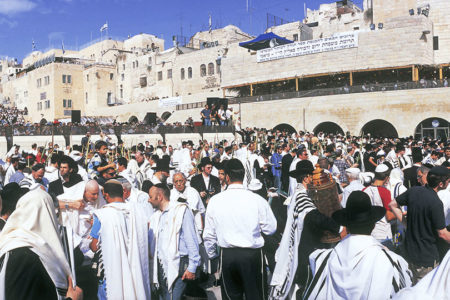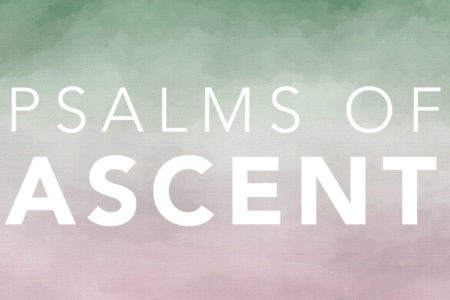They Cry in Silence Sep/Oct 2015
Mindanao, Philippines—Christians and others in the southern Philippines are extremely afraid that legislation creating an Islamic substate on Mindanao Island will exacerbate religious tensions, rather than resolve them.
The Bangsamoro Basic Law (BBL), proposed by President Benigno Aquino III in 2014, has been approved by a House Ad Hoc Committee, with 50 members voting yes, 17 no, and one abstaining. The area, comprising five provinces with sizeable non-Muslim populations, already enjoys a measure of autonomy as the Autonomous Region of Muslim Mindanao (ARMM), and the proposed BBL would give leaders sufficient independence to impose Islamic Sharia law.
“What President Aquino is doing is treasonous to Christian communities in Mindanao,” Rolly Pelinggon, national convener of Mindanaoans for Mindanao, told Morning Star News.
If Bangsamoro, or “Moro Country” with Moro being colloquial for “Muslim,” were ruled under Sharia, non-Muslims would become second-class citizens, with drastically reduced rights. Critics of the bill say it would render the federal government powerless to redress human rights abuses under Islamic law.
The government claimed the agreement would end Muslim rebel attacks in Mindanao, but in some areas violence has increased.
In Basilan Province of the ARMM, Muslim separatist groups raided the town of Maluso on June 1 and cut off the Water District Office, managed mostly by Christians. The municipality is now suffering from a water crisis that has destabilized the local economy, while security forces have engaged in a firefight with rebels that put more than 20,000 civilians in evacuation centers.
In Pikit, Cotabato Province, two men aboard a motorcycle in October 2014 threw a grenade at a United Church of Christ congregation at the height of worship, killing a nurse and a teacher. The blast injured another teacher and two other businessmen. Separatist rebels have been active in North Cotabato for the past 20 years.
In Zamboanga City, an anti-bomb squad of the Philippine Police detonated an improvised explosive device, also in October 2014. Zamboanga is home to more than 100,000 evangelical Christians and Ebenezer Bible College and Seminary, one of the first Protestant Bible schools in the Philippines.
Zamboanga City Mayor Maria Isabella Climaco announced in public that Zamboanga will never be part of the BBL and is one of the country’s staunchest critics of the legislation.
Tribal chiefs ruled Mindanao until the 1400s, when many of them embraced Islam after an Arab trader arrived on the island. In the 1900s, U.S. missionaries came to the Philippines and built a number of Christian schools in Mindanao. Many of the indigenous tribes embraced the evangelical Christian faith.
The fate of the BBL lies in the hands of the country’s 24 senators deliberating the bill. A March poll found that 44 percent of Filipinos opposed the bill, and 22 percent supported it. In Mindanao, 62 percent of those surveyed opposed the bill.
Some have also questioned the 75-billion-peso ($170 million) budget that would be allocated for the Bangsamoro government. Some critics believe the Muslim rebels could use this huge amount to buy more sophisticated firearms to expand its control. By comparison, the Philippine military has a budget of only 15 billion pesos annually (between 2012 and 2017), or $34 million.
The BBL measure was reportedly fast-tracked by bribes to lawmakers. The Philippine Daily Inquirer reported lawmakers accepted $10 million in bribes to endorse it to the Senate.
While Christian leaders fear abuses if the BBL is passed into law, some lawmakers also warned there would be war if it fails to pass. Rep. Tupay Loong of Sulu, a former member of the rebel Moro National Liberation Front, said in February that if the BBL is not passed, “the war will continue.”
by Morning Star News
(morningstarnews.org)





